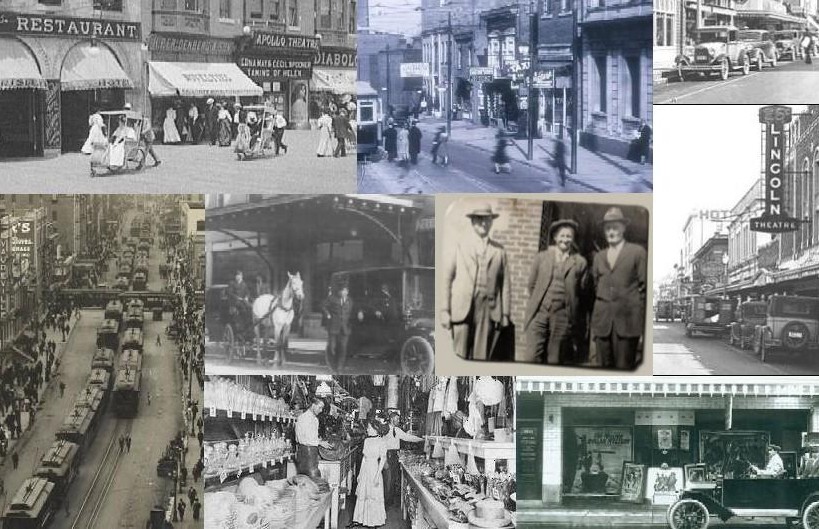Rotary's "Bad" Old Days
In the early years of Rotary, Vocational Service was not the high ideal to which we now aspire . . .
- Paul Harris's original idea was to mix business and friendship--and gain even more business.
- In the beginning, "Rotarians helping each other" meant patronizing one another's businesses and recommending fellow Rotarians' goods and services to friends and relatives. The early clubs each had a statistician who kept track of orders given and received among members; in at least one club, monthly prizes were awarded to the member who had made the most purchases from other members.
- In the #3 Rotary Club, Oakland, one member got particularly carried away. He was a haberdasher by trade and, at one meeting, he slipped out into the hallway where the members had hung their hats and checked the label in each. As the story goes, he stormed back into the meeting and announced, "Some of you have purchased your hats from my competitor. That's not the Rotary way!" And with that, he quit the club. Today he is remembered as Rotary's Mad Hatter.
- San Francisco's Rotary Club #2 installed shelves in the meeting place for members to display their merchandise, and ten minutes of each meeting were set aside for members to promote their own goods and services--a Rotary commercial break. Members were also urged to send advertising literature to each other's homes, so wives would know where to make Rotary purchases.
- True to form, Rotary's famous first washroom project, undertaken by the original Chicago Club, was as much about business as it was about community service. Women did most of the downtown shopping, the members figured, and it only stood to reason that they would spend even more money if they stayed downtown longer. Thus, in a single stroke of business genius, public toilets came into being in downtown Chicago. When service is provided--the Rotarian reasoning went--business profits.
- Back in those days, Service Above Self pertained very specifically to the enhancement of one's business and profession, and the motto would take several decades to acquire the broader humanitarian meaning that it has today.
From these anecdotes of another time, it is clear that members often mixed Rotary and business in ways that we now consider to be blatant and un-Rotarian. But while we would not want to return to the days of dog-eat-dog business practices, we still have something to learn from our Rotarian past.

The single-minded business focus of Rotary's founders reminds us that we should take pride in our individual vocations and that the core purpose of Rotary is to foster and sustain that pride. As T. A. Warren, a British Rotarian (later to become an RI president) pointed out in 1935, "The only unique feature of Rotary is vocational service; everything else we do is repeated by some other organization. If we are unique, if we have a special message or mission in the world that is unique to ourselves, it lies only in the realm of vocational service."
We today also need to remember that, caught up though they were in an era of unrestrained enterprise, Paul Harris and his contemporaries worked diligently to promote higher ethical standards in business and professional practices. In 1915 Rotary adopted its Code of Business Ethics, a set of guidelines designed to help maintain certain basic ethical and honest standards in business and professional endeavours. In the years following World War I, the code's influence spread, as businesses such as automobile dealerships, sales organizations, restaurants, travel agencies, and many other professional associations drafted new standards that recognized that each vocation afforded an opportunity to serve society.
In 1989, the code was replaced by the Declaration of Rotarians in Business and Professions, which reaffirms the dignity and respect due to all useful vocations and holds to the ideal that a Rotarian's vocation is an "opportunity to serve society" and improve one's community. And rooted as it is in the "bad" old days, the declaration continues to emphasize the importance of honesty, high ethical standards, and fairness to employees, associates, competitors, customers, and the public. That in the end is Vocational Service--and the heart of the Rotary way.

Information presented here is based on "Vocational Service--Rotary's First Concept," by Cliff Dochterman. To read this article, click here.
Sponsors
Download the website sponsorship guide
